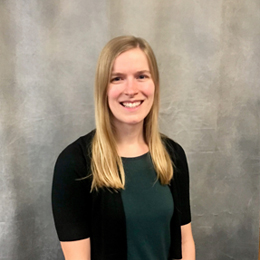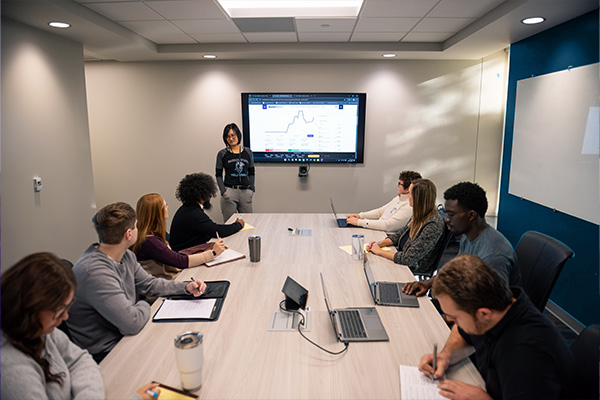Mathematics Information Systems Specialization
Program Quick Facts
Credits
120
Start Terms
Fall
|Spring
Available
On Campus
Tuition
$8,956.50
estimated cost per semester
Be Infinite
Do you have a mind for numbers and an interest in the business world? Then a degree in mathematics for information systems might be for you. As a graduate of this program, you will have a background in mathematics, business, and information systems.
Through a variety of courses including calculus, probability and statistics, and mathematical modeling you’ll be well versed in mathematical analysis. In addition to your mathematical foundations, you’ll develop a solid background in computer science and business through courses in computer programming, operating systems, database applications, and business.
Broaden your knowledge with a technology focused minor
Looking for professional opportunities outside of the classroom? DSU has options for you to further develop your skills. Here are a few available to you:
- Mathematical Association of America (MAA) membership
- Undergraduate research opportunities
- Supplemental instructor
- Tutoring
Potential careers
With this degree, you will be equipped for careers in a number of fields including business, technology, data analytics, and more.








